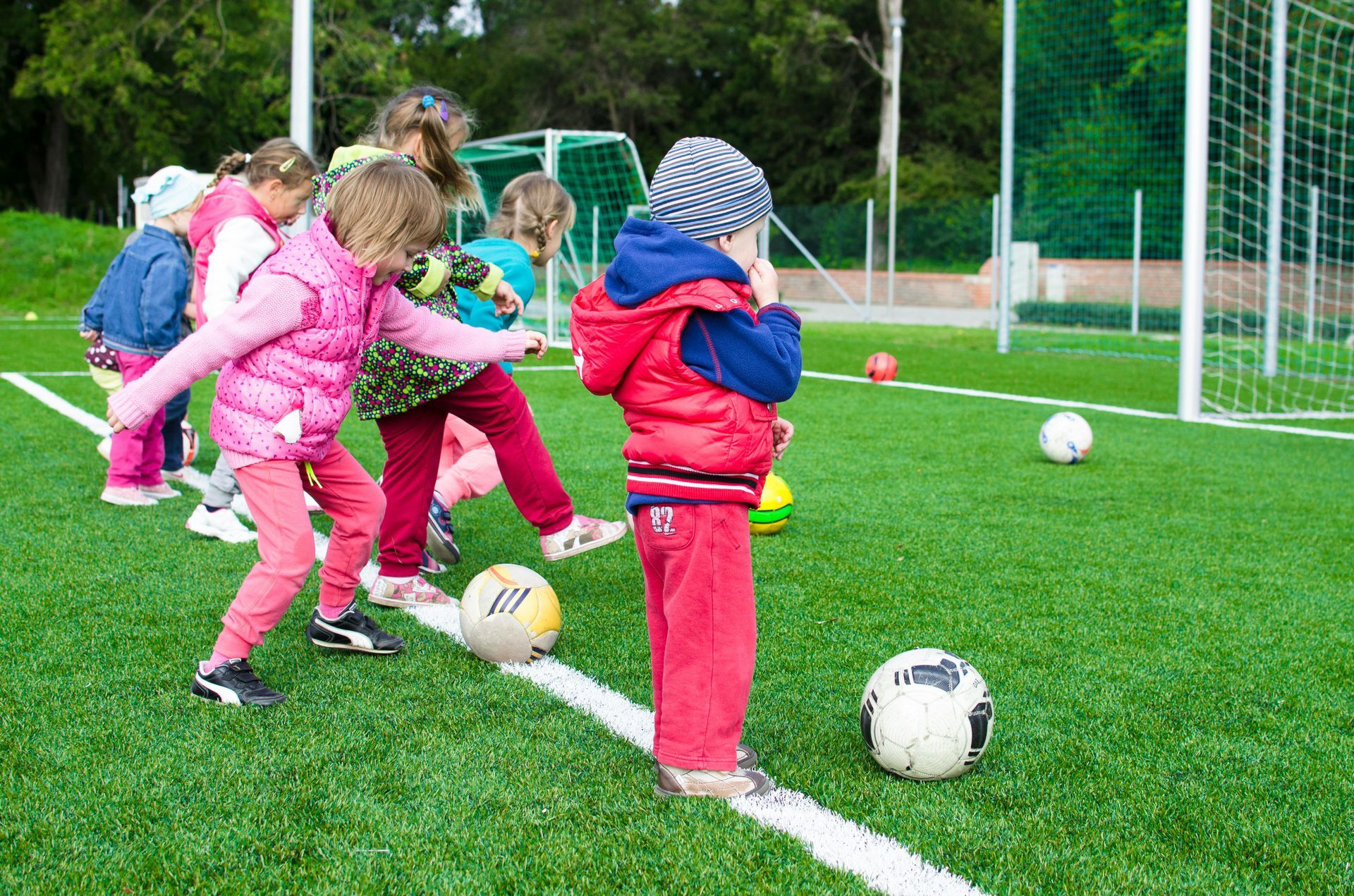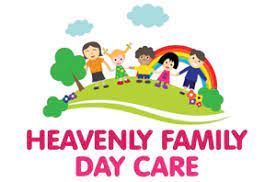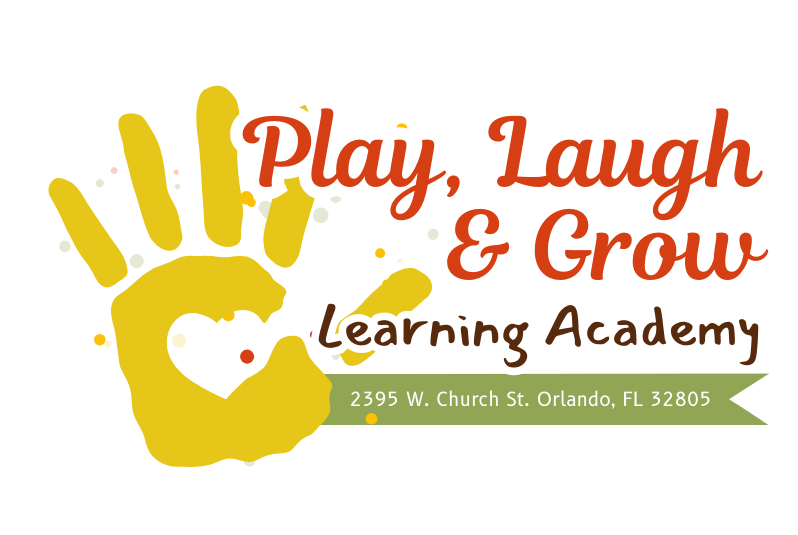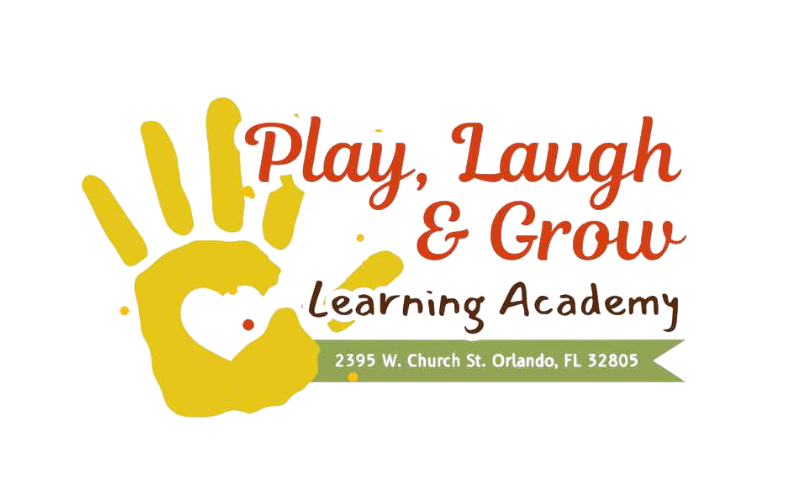Building Strong Foundations: How Early Education Shapes Lifelong Success

The early years of a child’s life are crucial in laying the foundation for future academic and life success. Research consistently shows that experiences during this period of development have a profound impact on a child’s ability to learn, interact, and thrive in adulthood. At Play Laugh and Grow Academy, we understand the importance of creating a strong, supportive foundation in the formative years, as this is when children’s cognitive, emotional, and social skills begin to take shape. In this post, we will explore how early education plays a pivotal role in shaping lifelong success.
Why Early Childhood Education Matters
Early childhood education sets the stage for a child’s academic journey. It is during these early years that children develop their core learning skills—such as language acquisition, problem-solving, and critical thinking—that will help them succeed in school and beyond. The brain develops rapidly during the first five years of life, making it an ideal time to introduce structured learning experiences that foster curiosity and a love of learning.
Children who attend high-quality early education programs are more likely to perform better academically in later years, have stronger social skills, and demonstrate higher levels of emotional intelligence. Moreover, early education helps children develop executive functions such as impulse control, planning, and organization, which are essential for success in both school and life.
The Role of Play in Early Education
At Play Laugh and Grow Academy, we know that play-based learning is a cornerstone of early childhood education. Children learn best when they are actively engaged and enjoying themselves. Play-based learning offers an immersive, hands-on experience where children can explore new concepts, develop problem-solving skills, and interact with their peers in meaningful ways. Through play, children are not only developing academic skills, but they are also building social and emotional skills that are critical for success later in life.
For example, activities such as building with blocks, playing pretend, or engaging in group games help children practice important skills like communication, cooperation, and empathy. These activities also allow children to develop perseverance, learn how to cope with setbacks, and practice self-regulation—all key components of emotional intelligence.
Social and Emotional Development: The Heart of Lifelong Success
Early childhood education is not just about academics; it is also about developing social and emotional skills that will help children navigate relationships, manage their feelings, and respond to challenges in healthy ways. Children learn how to interact with others, build friendships, and develop the emotional resilience they need to cope with life’s ups and downs.
By creating a safe and supportive environment, early education programs help children build confidence, self-esteem, and a positive sense of self. These emotional skills are fundamental to a child’s ability to thrive in school and in life. Children who feel supported and valued in their early years are more likely to develop strong, lasting relationships, exhibit higher levels of empathy, and demonstrate greater emotional regulation as they grow older.
Academic Success Starts Early
While social and emotional development is crucial, academic success is also closely linked to early education. Early exposure to literacy, numeracy, and problem-solving activities prepares children for success in school. At Play Laugh and Grow Academy, we prioritize age-appropriate learning that fosters curiosity and builds a strong academic foundation.
Incorporating reading, writing, and math concepts into daily activities helps children develop essential skills such as letter recognition, counting, and understanding basic math concepts. By introducing these concepts in a playful, engaging manner, we create a love of learning that will last a lifetime.
Lifelong Benefits of Early Education
The benefits of early education extend far beyond childhood. Studies have shown that children who attend high-quality early education programs are more likely to graduate from high school, pursue higher education, and have successful careers. Early education also has long-term economic benefits, as children who receive a strong start in life are less likely to experience academic difficulties, behavioral problems, or need remedial education later on.
Additionally, early education has been linked to better physical health, as children who receive a high-quality early education are more likely to adopt healthy habits and make better life choices as they grow older. The positive impact of early education is not just academic—it has lasting effects on a child’s overall well-being and success in life.
Creating a Strong Start at Play Laugh and Grow Academy
At Play Laugh and Grow Academy, we are dedicated to providing a nurturing environment where children can thrive. Our play-based learning approach ensures that each child develops the skills they need for future success, while our focus on social and emotional development helps children build confidence and emotional resilience.
We believe that by providing children with a strong foundation during the early years, we are setting them up for a lifetime of learning, growth, and achievement. Our goal is to help each child discover their unique potential and equip them with the tools they need to succeed in school, in relationships, and in life.
Learn about how play-based learning fuels early development and its scientific impact by reading The Science of Play: How Play-Based Learning Fuels Early Development.
Conclusion
Early education is one of the most important investments we can make in a child’s future. By providing a supportive, engaging, and play-based learning environment, we help children develop the skills they need for academic success, emotional well-being, and lifelong achievement. At Play Laugh and Grow Academy, we are committed to laying the groundwork for each child’s future success by offering a strong, nurturing foundation in their early years.
















